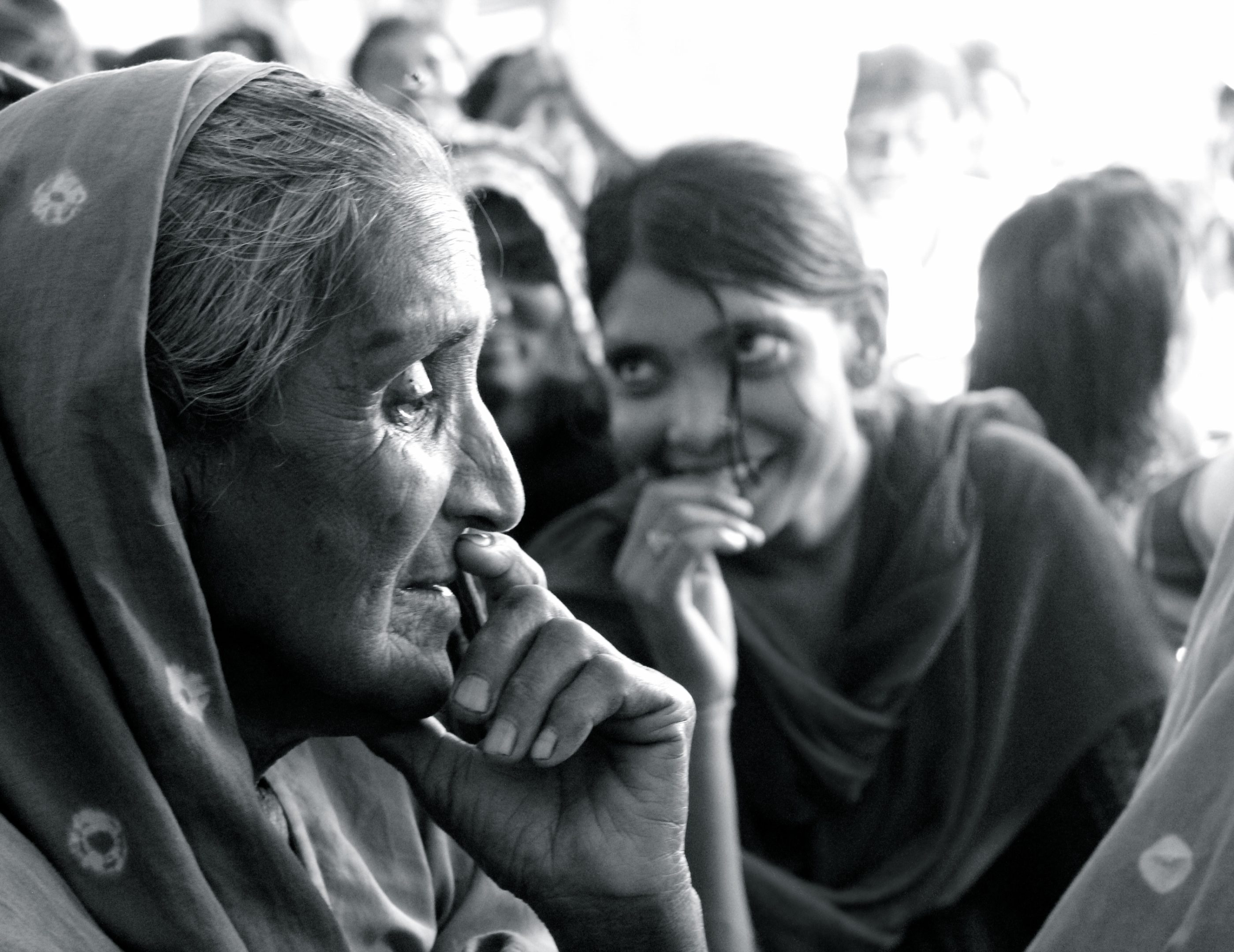
New InterAction Research Confirms Global Counter-Terror Efforts Harm and Curtail the Delivery of Humanitarian Aid
In the aftermath of 9/11, efforts to combat and counter-terrorist activities (C.T.) have been a foreign policy priority for governments, the United Nations, and regional and international bodies around the world.
Today, humanitarian organizations navigate a complex web of laws, policies, funding requirements, and enforcement mechanisms. Whether unintended or not, global C.T. efforts create real barriers and consequences for humanitarian action. These range from criminal charges incurred by aid workers and organizations if they try to deliver life-saving assistance; to donor governments limiting which organizations can operate where; to suspended contracts and punitive fees with strict zero-tolerance provisions.
A recent example of such a barrier is the Foreign Terrorist Organization (FTO) designation of Yemen’s Houthi government by the United States. Had the designation not been rescinded, it would have prevented U.S. citizens and organizations from nearly any interaction with the group, as well as from implementing humanitarian programming in areas controlled by them. With 80% of Yemenis living in Houthi-controlled areas, the humanitarian consequences would have been profound.
States regularly call on humanitarian organizations to show evidence that C.T. measures impact humanitarian actors and operations. A strong body of research outlining impacts already exists, but it remained scattered across the public domain. To address this gap, InterAction undertook a review to catalog and make accessible available relevant sources that capture C.T. impacts on humanitarian activities.
As a result, InterAction established the Counter-Terrorism & Humanitarian Action Resource Library, an open-source platform designed to be a resource for humanitarian practitioners, researchers, and policymakers. The resource library also includes two critical tools:
Impact Catalog: a collection of identified impacts on humanitarian action derived from C.T. impediments found in the existing literature. Impacts are intentionally grouped into five categories (operational, financial, security, legal, and reputational), as defined in the accompanying terms and definitions sheet.
Recommendations Catalog: a consolidated list of recommendations and solutions posed to States, donors, U.N. entities, multilateral agencies, banks, and financial institutions over nearly 20 years.
In addition to producing these tools for the humanitarian community, InterAction conducted an analysis of the available evidence of C.T. impacts on humanitarian action. The findings are detailed in InterAction’s new report Detrimental Impacts: How Counter-Terror Measures Impede Humanitarian Action.
This review encompassed over 50 papers produced by prominent think tanks, academic institutions, and humanitarian practitioners and researchers. Overall, approximately 1,200 pages were analyzed to identify types of C.T. impediments, policy originators, and whether any direct impacts to humanitarian operations resulted. InterAction recorded 203 impacts falling within the qualifying criteria. While the review encompassed material dating back to 1995, all documented impacts occurred in sources published from 2011 onward. More than half of the impacts logged (52%) were operational in nature.
Operational impacts typically occur at the point closest to delivery of assistance, meaning these impacts likely posed immediate barriers to meeting life-saving needs. Recorded impacts included increased implementation difficulties, program delays, an inability to deliver aid based on needs alone, and a reduction in presence and denials of funding to programs in areas where designated groups were present. This offers evidence that C.T. measures posed clear impediments to humanitarian delivery, compromising aid organizations’ ability to provide timely, quality, and efficient humanitarian assistance to those in greatest need.
Of the impacts documented, 52 occurred in occupied Palestinian territory, 46 in Somalia, 11 in Syria, nine in Yemen, and nine in Nigeria. The remaining 65 impacts occurred in unspecified locations. States and donor governments were cited as the originators of more than 50% of the policies that impacted humanitarian work.
The research identified 275 recommendations dating back to 1995. At 42%, recommendations made to States and government donors far outpaced those made to other entities such as multilateral institutions, banks, and the humanitarian community writ large. This is not surprising given that C.T. policy measures originate with States, meaning they are both the drivers of the problem and the avenue for effective and lasting solutions. However, it is concerning that much of the literature repeated recommendations over several years, showing stalled progress and a possible reluctance on the part of C.T. originators to correct problems and take real action to minimize harm.
The ultimate bearer of risk is people in need, the very people affected by armed groups designated as terrorist entities. This means people in need of life-saving assistance face delays to aid delivery or are unable to reach assistance altogether. For example, in 2019, a government humanitarian donor stopped all cash assistance to northeastern Syria due to a perceived risk of aid diversion. The decision left tens of thousands of displaced people without monthly stipends to cover their basic needs. The abrupt suspension of the programs also created serious security risks for frontline aid teams.
InterAction’s research shows that C.T. measures indeed pose real and often considerable barriers to humanitarian action. These barriers are complex and often cause multiple cascading impacts ranging from increased administrative burdens to very real threats to frontline aid workers’ lives. Humanitarian practitioners and researchers alike have recognized this dilemma for some time and worked to understand the impact and details of these challenges. Despite such efforts, originators of C.T. measures have demonstrated limited willingness to solve the problem or pursue real fixes to ensure the unimpeded delivery of humanitarian assistance.








